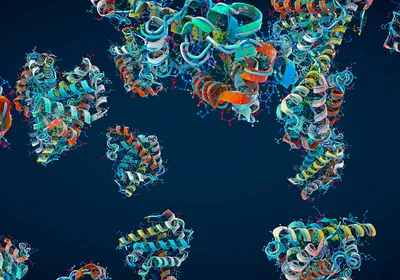A leading approach of direct RNA sequencing (RNA-seq) involves first converting RNA into an RNA/cDNA hybrid molecule using a reverse transcriptase (RT) — a DNA polymerase enzyme that transcribes single-stranded RNA into complementary DNA (cDNA). cDNA synthesis is the first step in many molecular biology workflows, including gene expression studies using real-time PCR. To accomplish this, an ideal RT would exhibit high processivity and generate high cDNA yields.
To address this need, NEB recently introduced its Induro™ Reverse Transcriptase — uniquely formulated as a group II intron-encoded RT that exhibits high processivity, increased thermostability, and increased tolerance of inhibitors in the synthesis of cDNA from RNA. It is an ideal enzyme for challenging cDNA synthesis from long transcripts, RNAs with strong secondary structures, and RNA samples with inhibitors. With improved 5 sequencing coverage of long transcripts, Induro RT can enable RNA-seq applications such as direct RNA and long read cDNA ...



















